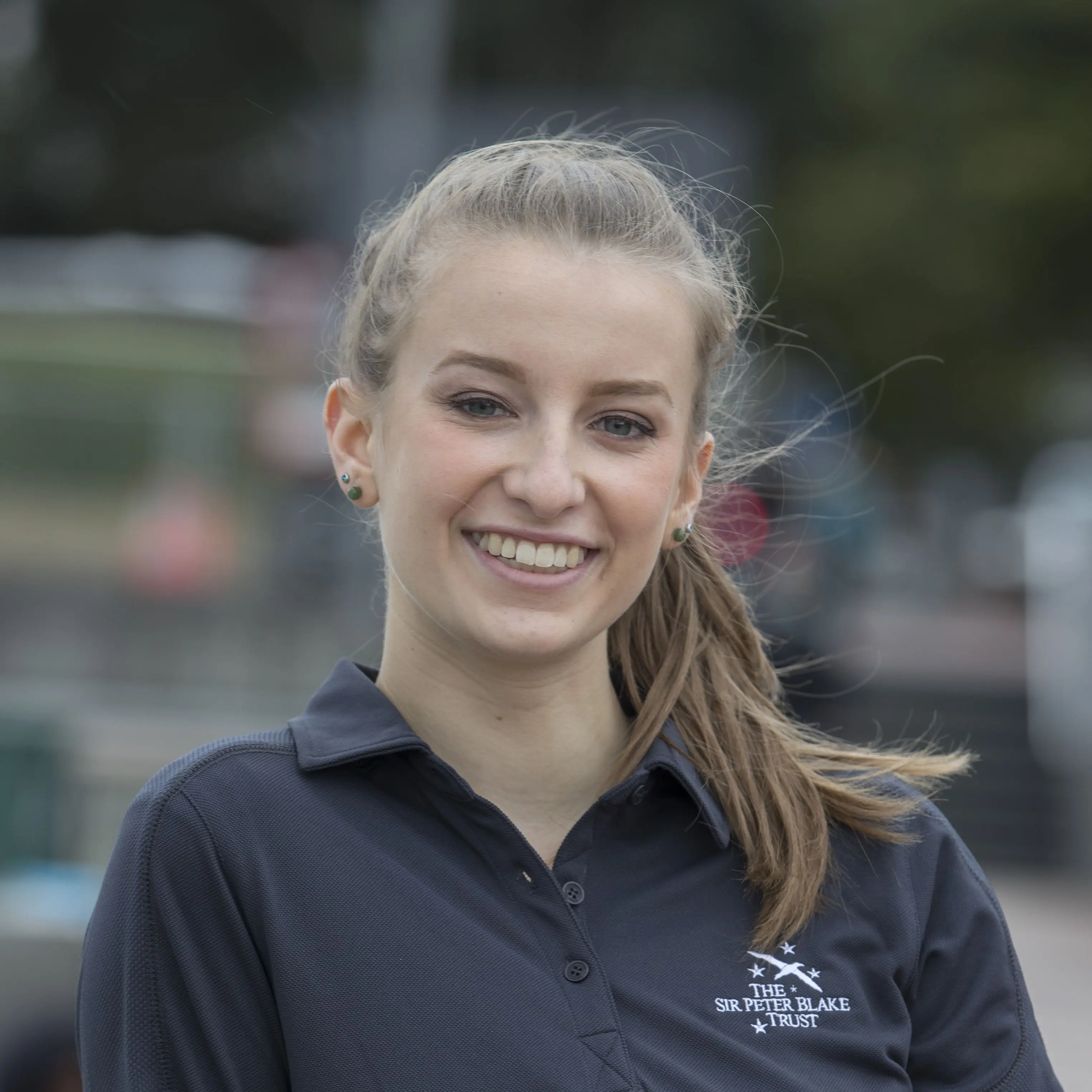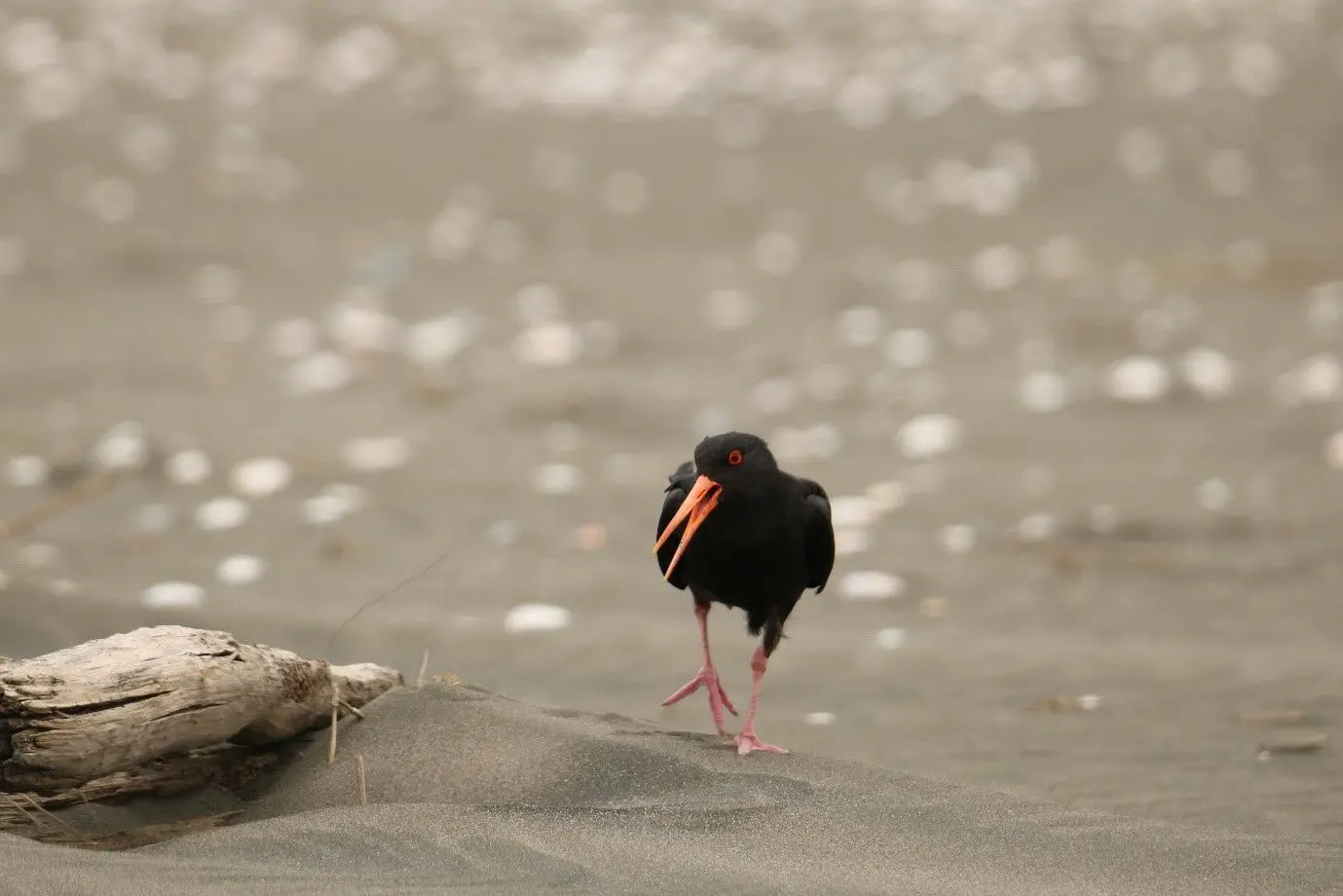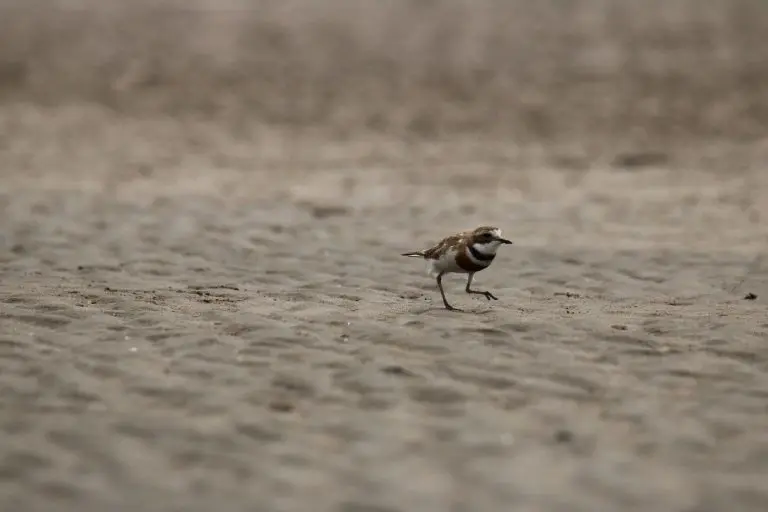While spotting the oystercatchers and dotterels with their chicks was the most heart warming experience of our trip, the many, many bags of rubbish we picked up on our walk to, from and around the spit was the most heart breaking. When we first arrived in Port Waikato we were warned about the amount of rubbish buried by the dunes; trailer loads of household rubbish and greenwaste as well as abandoned cars and other things that have come down the river or ashore with the tides.
We were originally tasked with preserving the birds from humans and predators with an emphasis on education, however, with more and more images and evidence coming out about the damage ocean rubbish can do to marine life, it was impossible to ignore the huge amounts piling up along the shore. After quoting a report to Anna and Clara over and over about how the most cost effective and least labour-intensive way to clean up the oceans is to do beach clean ups, we set off with extra bags to collect as much as we could every day.
The most fantastic thing about sand dunes, is how quickly they can move. We were told on multiple occasions by people who have lived in Port Waikato or visited for many years that “the beach looks nothing like it used to”. Unfortunately, with all that movement, rubbish gets buried almost as hastily as it gets dumped and then provides the stability the dunes require to remain, well, dunes. Removing the trailer-loads of rubbish can and has actually collapsed the dunes in places but it is worth it to recreate natural dunes using native plants such as spinifex.
The amazing volunteers at BeachCare do massive beach clean-ups as well as planting days and removing plants that have grown as a result of greenwaste being dumped. While we were not there for any of these community events, we did our part in removing all the rubbish and fishing line (thanks to Anna who had a very keen eye for the clear nylon in the sand) that we could in our short time in the Port. We also helped de-head agapanthus flowers to stop them spreading further and checked in on a planting study run by the Waikato Regional Council. If everyone did their part in refusing, reducing, reusing and recycling, the beaches would be a lot tidier, the oceans cleaner and the birds safer.

Shelley Ogle
BLAKE DOC Ambassador 2017



